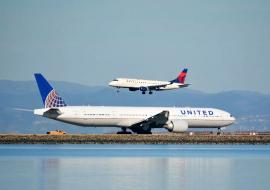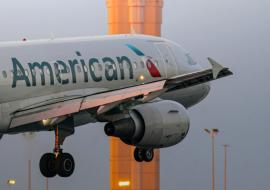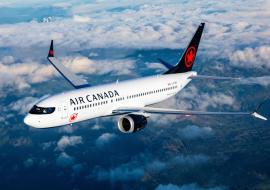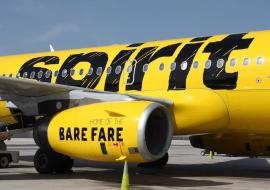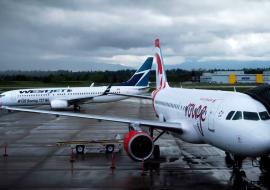Aerospace Market in Mexico Set to Grow by $15.61 Billion through 2028
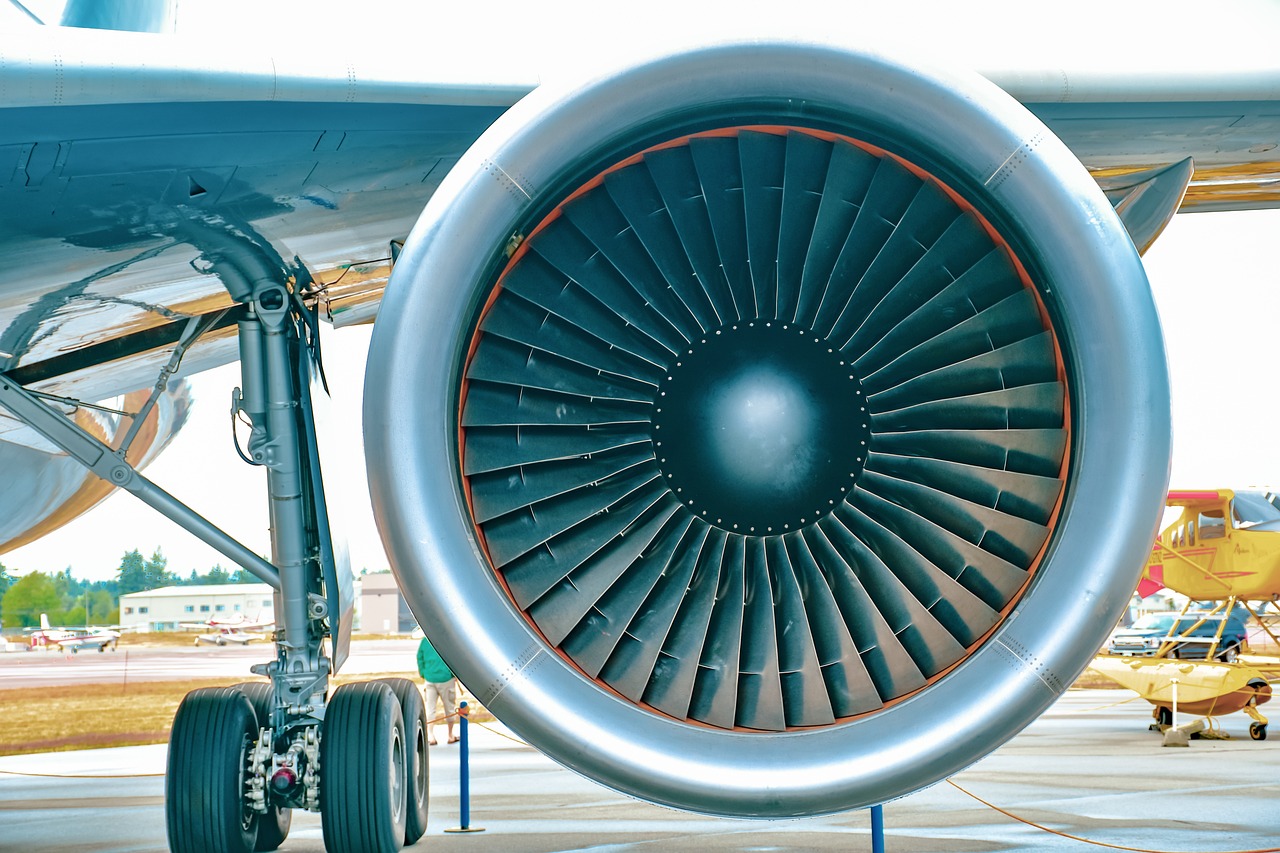
The aerospace market in Mexico is projected to experience substantial growth, with an estimated increase of USD 15.61 billion from 2024 to 2028, according to Technavio.
This impressive growth is expected to occur at a compound annual growth rate (CAGR) of 25.2% during the forecast period. A key factor driving this growth is the favorable regulatory environment in Mexico, which has fostered a significant rise in aerospace exports. Despite challenges such as the recent downgrading of Mexico's aviation regulatory status by the US Federal Aviation Administration (FAA), the market continues to show strong potential.
The Mexican aerospace industry has consistently grown, especially in exports, thanks to programs like the Maquiladora Export Program that allow duty-free imports for assembly and export of aerospace products. This sector faced a downturn in 2020 due to the COVID-19 pandemic, but government support and the emergence of new vendors and major original equipment manufacturers (OEMs) are expected to drive recovery and expansion.
Technological advancements and increasing demand for more efficient and sustainable aviation solutions are pivotal trends in the aerospace market. The focus is on electric propulsion, eVTOL aircraft, and autonomous technology, reflecting a shift towards innovative and environmentally friendly aerospace solutions. Defense spending remains a crucial driver, making Mexico a notable defense exporter and a hub for defense contractors and space agencies.
The market also faces significant challenges, particularly due to the FAA's downgrade of Mexican aviation regulatory standards from Category 1 to Category 2. This has led to restrictions on new routes and aircraft changes for Mexican carriers, affecting their operations and growth prospects. Despite these hurdles, the Mexican aerospace market continues to present opportunities for growth, especially with the involvement of key players like Airbus, Boeing, and Honeywell, among others.
The government sector is a major contributor to the aerospace market, driven by control over numerous airports and significant defense spending. Initiatives like the establishment of a state-owned, army-run airline and a substantial defense budget allocation for new aircraft underscore the government's role in boosting the market.
In addition to government initiatives, the private sector is also expected to contribute significantly to the market's growth. The increasing demand for air travel, advancements in IoT technology, and trends like 3D printing and urban air mobility (UAM) are likely to drive further innovation and expansion in the aerospace industry.
Overall, the aerospace market in Mexico is poised for robust growth, driven by a combination of government support, technological advancements, and increasing demand for sustainable and efficient aviation solutions. Despite regulatory challenges, the sector offers substantial opportunities for both civilian and military applications, making it a vital component of Mexico's economic growth and technological advancement.








